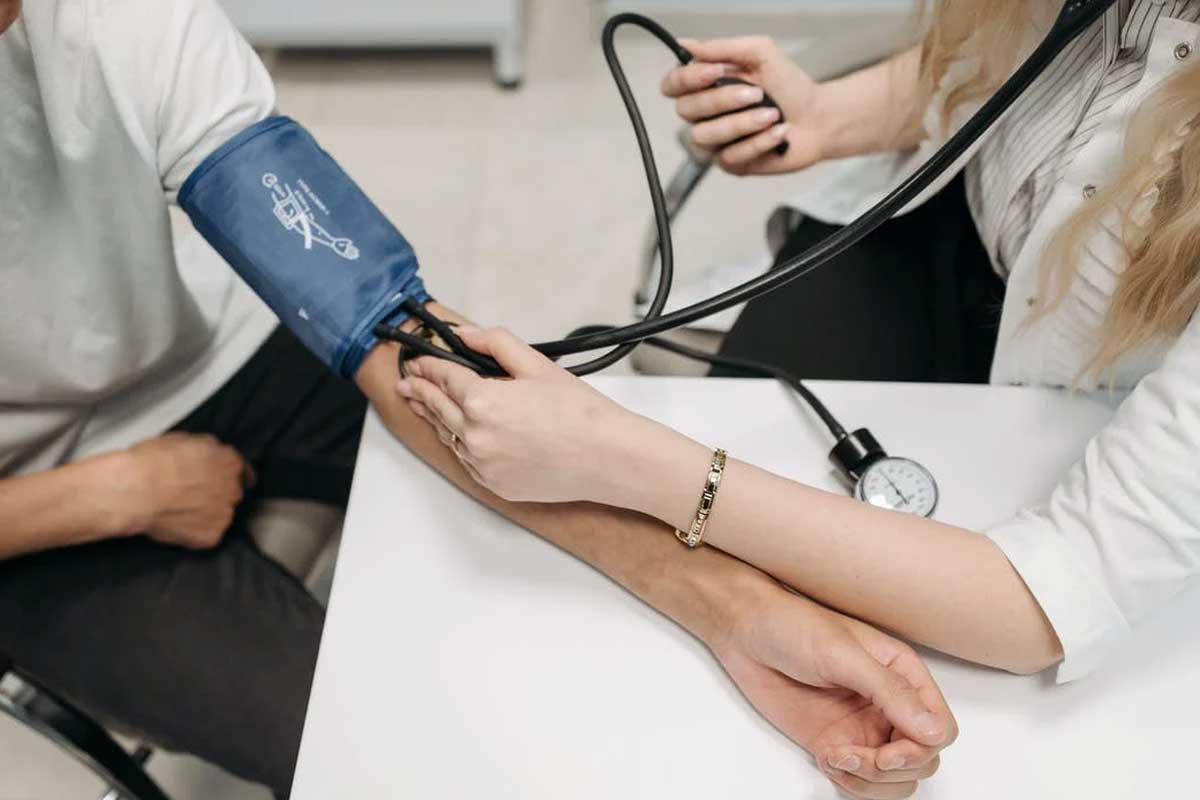Blood pressure below 90/60 mmHg is known as hypotension or low blood pressure. It is a disorder that can develop on its own or as a symptom of various illnesses. Depending on the cause, hypotension can affect people of any background and age. Sometimes sufferers may experience symptoms like fainting, lightheadedness or dizziness, blurred vision, fatigue, etc., which are very disturbing or unpleasant. Older individuals are more likely to develop symptoms. Although people who are very physically active can also experience it without showing any symptoms, young menstruating women are more susceptible. Dr. Pramod V Satya, Consultant-Internal Medicine and Diabetologist, Millers Road explained some serious causes of low blood pressure.Also Read – How gut bacteria are linked to high blood pressure and hypertension
Causes of hypotension
There is no clear reason why a person develops low blood pressure, so it is difficult to address a significant cause for it. Low blood pressure is usually associated with other illnesses or conditions, and these include: Also Read – Benefits of Watermelon: 7 Reasons to Add Watermelon to Your Summer Diet
- Dilation and vasodilation (dilation of blood vessels)
- Significant over-the-counter medication intake
- Heart failure, heart attack and stroke
- Pregnancy
- Abnormal heart rhythm or heart arrhythmia
- Liver diseases
- Hormonal problems such as low blood sugar (hypoglycemia) or diabetes, hypothyroidism (an underactive thyroid)
Home Remedies to Treat Hypotension
Treatment is rarely needed for low blood pressure (hypotension) that has no or only minor symptoms. If a person experiences any side effects of the drug, the dose can be reduced, or the drug can be stopped with consultation. Along with it there are some other home remedies that should be followed Also Read – There are 8 golden rules you should follow to keep your kidneys healthy
- Drink plenty of water: Drinking enough fluids will increase your blood volume, which will raise your blood pressure. Drinking 12 to 18 ounces of water 15 minutes before a meal can also help reduce the drop in blood pressure that occurs after a meal.
- Eating small meals: Larger meals are more likely to cause postprandial hypotension. Eating small portions helps prevent a sudden drop in blood pressure. This method is also very effective for people with diabetes.
- Get some sleep: Blood pressure usually drops the most half an hour to an hour after eating. Postprandial hypotension can be treated by lying down or sitting for 60 minutes after a meal.
- Reduce your intake of crabs: Bread, rice, sugary drinks and potatoes are rich in carbohydrates that can lower blood pressure. So limiting these foods and increasing slow-digesting foods like protein, beans, and whole grains can help your blood pressure drop significantly after a meal.
- Caffeine helps: A study found that consuming caffeine after a meal prevented a drop in blood pressure in the elderly. So, ending your meal with a cup of coffee can help you fight low blood pressure.
